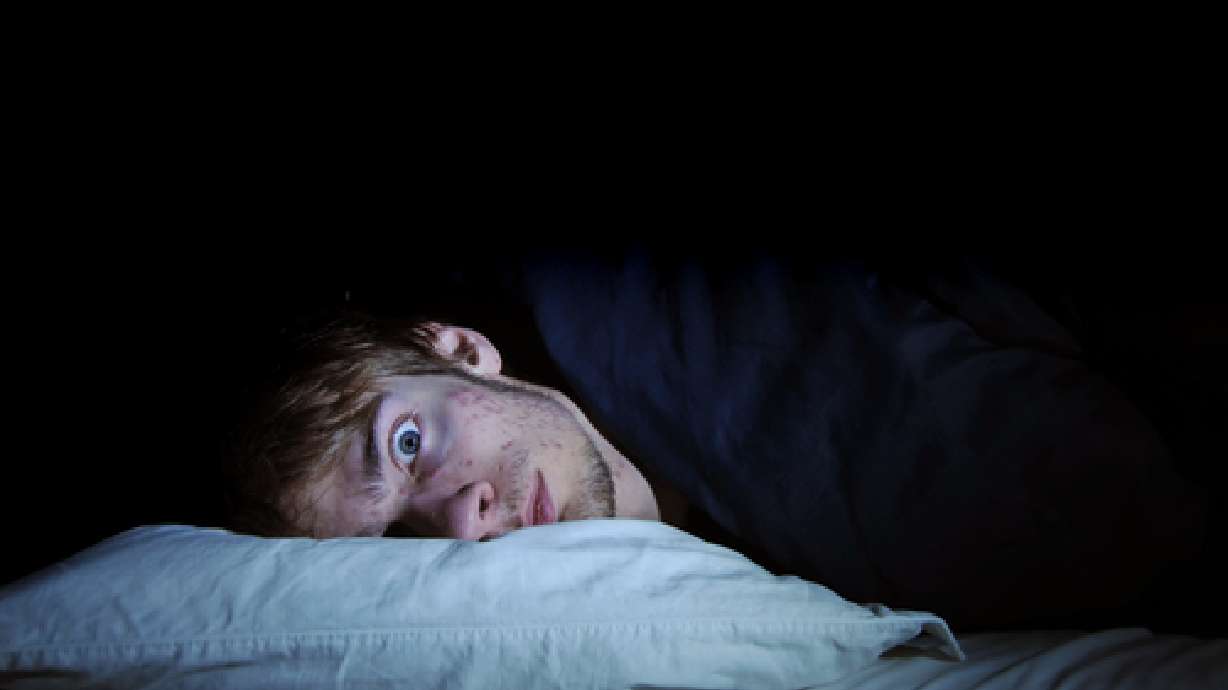Estimated read time: 2-3 minutes
This archived news story is available only for your personal, non-commercial use. Information in the story may be outdated or superseded by additional information. Reading or replaying the story in its archived form does not constitute a republication of the story.
SALT LAKE CITY -- If what you're trying to do is forget -- something traumatic like combat or a terrible accident -- then getting a good night's rest right away may actually be a pretty bad idea.
A new study suggests that going to sleep just after something emotionally difficult can actually cement the memory of the event in your psyche, along with the negative feelings it created.
"We found that if you see something disturbing, let's say an accident scene, and then you have a flashback or you're asked to look at a picture of the same scene later, your emotional response is greatly reduced," said Rebecca Spencer, lead author of the study and neuroscientist at the University of Massachusetts, Amherst. "That is, you'll find the scene far less upsetting if you stayed awake after the original event than if you slept,"
In the experiment, 106 people were shown images and asked to rate them ion sad-happy and calm-excited scales. When they were shown the same pictures 12 hours later -- along with new ones -- those who went to sleep remembered the pictures better and tended to rate them as "sadder" and more "excited," compared to those who experienced a period of wakefullness after seeing the images.

The positive effects of getting an early, good night's sleep are well documented. Memory, mood and other cognitive skills are improved. In fact, another study by Spencer from May 2011 claimed to show that sleep helped decision making skills and complex cognitive functions.
But these effects may almost work against you when traumatic happenings are involved. Not only is memory of the event cemented, but the emotional reaction to it is locked in.
"It's interesting to note that it is common to be sleep-deprived after witnessing a traumatic scene, almost as if your brain doesn't want to sleep on it," Spencer said in a statement.
This finding, the first of it's kind, could have implications for the study and treatment of post-traumatic stress disorder. Knowing that sleep plays a critical role in the longer-term memory and processing of something deeply unpleasant may be very valuable. Advising someone to sleep after, say, a car wreck could have lasting negative effects, while keeping them awake could improve their ability to mentally accommodate what went down.
As always, more work must be done to confirm and expand the finding. But a few hours of insomnia could be worth it in the long run. The study was publiched in the latest issue of the Journal of Neuroscience








